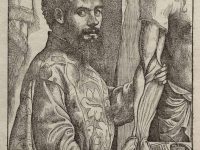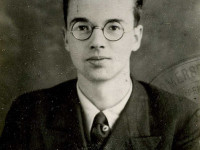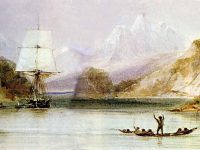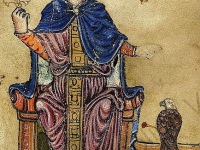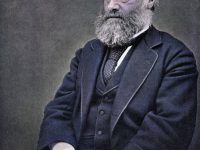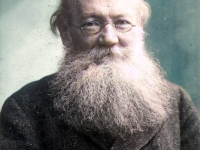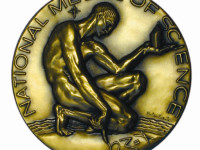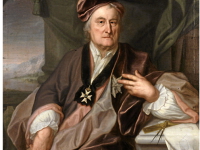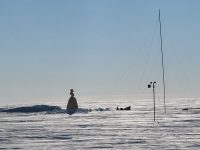Andreas Vesalius and the Science of Anatomy
On December 31, 1514, Brabantian (in modern-day Belgium) anatomist, physician Andreas Vesalius was born. Vesalius is often referred to as the founder of modern human anatomy. He is best known as author of one of the most influential books on human anatomy, De humani corporis fabrica (On the Fabric of the Human Body). “I could have done nothing more worthwhile than to give a new description of the whole human body, of which…
Read more

